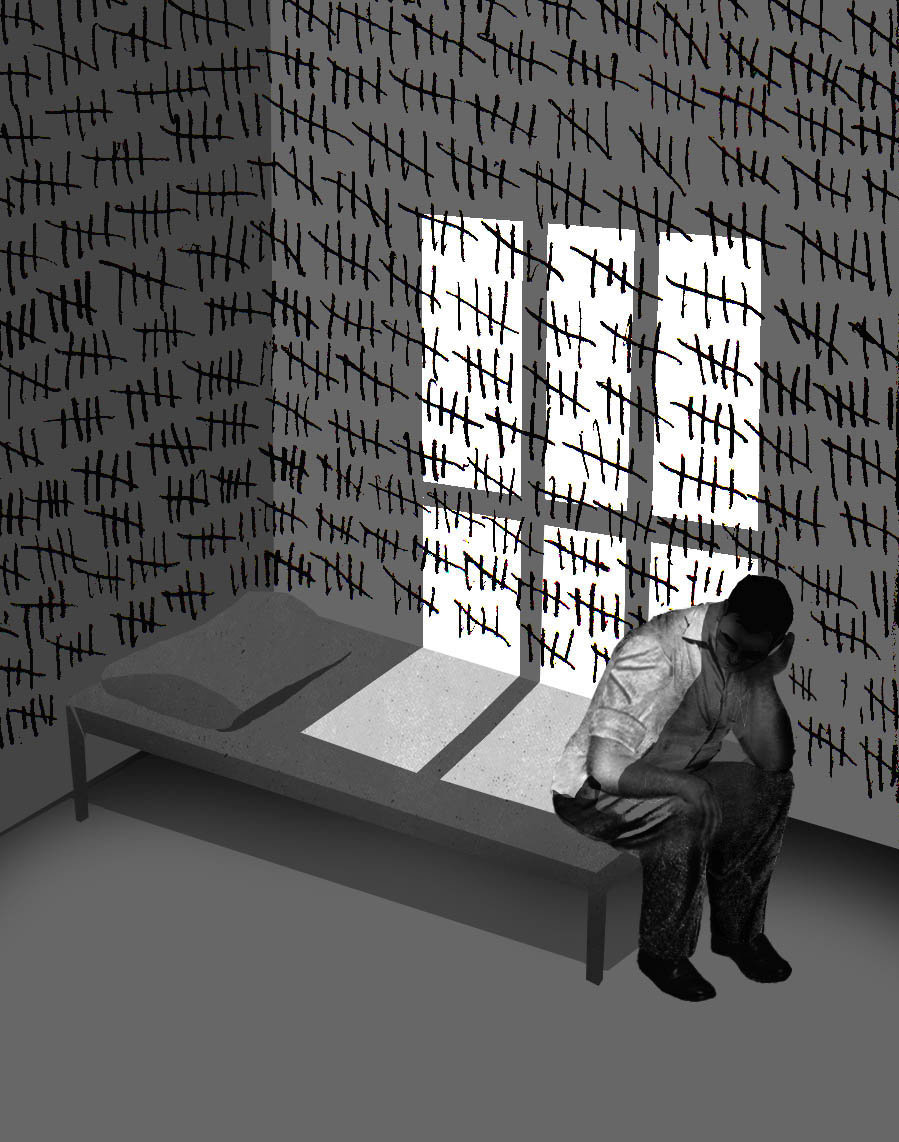Title: INOX AIR PRODUCTS PRIVATE LIMITED vs MR. ARUN RATHI
Date of Decision: 05.07.2023
EX.P. 109/2019
CORAM: HON’BLE MR. JUSTICE MANOJ KUMAR OHRI
Introduction
Delhi High Court granted the benefit of remission under Delhi Prison Rules 2018 and held that a plain reading of rules would show that rule 1175 defines the eligibility for remission and it has defined the term “Convicted prisoner” which would include both civil as well as criminal prisoners.
Facts of the Case
In brief, this Court found the applicant guilty of contempt of court for disobeying instructions and the undertaking made in an order dated 24.05.2019, taking into account the facts of the case and particularly the applicant’s behaviour to the knowledgeable Arbitrator. The petitioner was ordered by the court to pay the decree holder an amount of Rs. 5.05 crores, or the value of the missing machinery and equipment. Further instructions said that the applicant would face a three-month sentence of civil jail if the aforementioned sum was not paid within six weeks.
By means of CONT.APP. (C)15/2019, the aforementioned order was contested before the Division Bench. The appeal was dismissed by decision dated 26.11.2019, to which a S.L.P. (Crl.) No. 665 of 2020 was filed in response. This claim was also rejected, but the deadline for depositing the money was extended by orders dated 11.11.2022 and 15.12.2022. After then, on January 13, 2023, a Review Petition No. 12/2023 submitted to the Division Bench was likewise dismissed.
On March 29, 2023, the court ordered the petitioner to appear and serve three months of civil incarceration in accordance with the decision dated May 25, 2019, noting that he had neglected to deposit the sum of Rs. 5.05 crores. According to reports, the applicant turned himself in on April 10, 2023, and has been incarcerated since.
Analysis of the case
The order dated 24.05.2019 was issued in response to a petition brought under Section 12 of the Contempt of Courts Act, 1971 (hereinafter referred to as the “Act”). Punishment for disobedience and noncompliance with the court’s order is the outcome of the civil contempt proceedings under the Act. The procedures differ from execution proceedings under the Code of Civil Procedure in that the Court must expressly satisfy it and record a finding that the disobedience was deliberate and purposeful in the contempt proceedings.
In Sections 3(2), (3), and (4) of The Prisons Act of 1894, the terms “criminal prisoner,” “convicted criminal prisoner,” and “civil prisoner” are defined. the terms “civil prisoners,” “convicted criminal prisoners,” and “criminal prisoner” are likewise defined in the Delhi Prisons Act, 2000 (Delhi Act No. 2 of 2002), and they are identical to those used in The Prisons Act, 1984. The Delhi Prison Rules, 2018 (hence referred to as the “Rules”) were created by the government of the NCT of Delhi in accordance with its authority under Section 71 of The Delhi Prisons Act, 2000.
Court held, one of the most prized elements of the Indian Constitution is personal freedom. and its infringement cannot occur except in line with the law and in accordance with its provisions, as stated in Article 21 of the Constitution. It is commonly known that a legal process cannot be capricious, unjust, or irrational.
This Court believes that a straightforward interpretation of the aforementioned Rules would demonstrate that the term “convicted prisoner” is used when describing eligibility for remission in Rule 1175. This phrase is comprehensive and makes no distinction between a “criminal prisoner” and a “civil prisoner” who has been found guilty. Although there is no specific provision for remission in Chapter XXXIII of the Rules that apply to civil prisoners, this does not indicate that Rule 1175 of the Rules is no longer relevant to the petitioner. Additionally, Rule 1176 does not specifically exclude civil prisoners. This Court thus believes that the aforementioned definition and rule apply to both types of convicts. Additionally, the claim that the petitioner has not been awarded a substantive sentence is equally fallacious as the applicant has been convicted and punished with substantive sentence of detention in civil prison for three months and as such, he is eligible for remission in terms of Rule 1175(1).
Thus the court allowed the application and directed the Superintendent to provide the applicant or contestant with the benefit of remission in accordance with the relevant Rules.
“PRIME LEGAL is a full-service law firm that has won a National Award and has more than 20 years of experience in an array of sectors and practice areas. Prime legal fall into a category of best law firm, best lawyer, best family lawyer, best divorce lawyer, best divorce law firm, best criminal lawyer, best criminal law firm, best consumer lawyer, best civil lawyer.”
Written By – Shreyanshu Gupta


